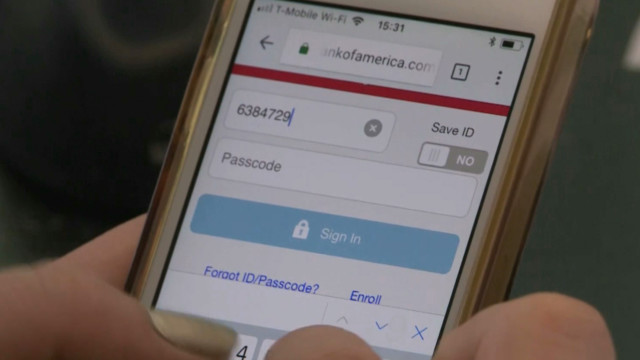Security experts say many of the world’s computer systems – from voting rolls to healthcare systems – are increasingly vulnerable to hackers.
While better firewalls can help, some experts are calling for a complete overhaul of internet protocols. CGTN’s Frances Read has more.
Behind closed doors is the world’s new battleground — cyber warriors specially trained to protect a country’s infrastructure, but also possibly to attack another.
With tensions rising across the globe, there are questions about the sophistication of this new warfare, and who would win a battle in cyberspace.
The U.S. recently blamed Russia for cyber attacks targeting American power grids. It’s also accused Moscow of interfering in the U.S. presidential elections.
“I have no doubt that all future warfare will contain a cyber element,” said former FBI agent Bobby Chacon. “There is no doubt about that.”
But he said the hack still took the U.S. by surprise.
“The U.S. was a little behind the ball,” said Chacon. “I think after the 2016 election there was a huge learning curve by the states and the Department of Homeland Security. They’ve now gone to work to correct those mistakes and fast, because the Russians realized they were successful to some degree in meddling in our elections that only encourages them to keep doing it.”
In the developed world, so much relies on the internet, from finances to healthcare. The question is, just how vulnerable are we? Could a cyber attack affect ordinary citizens, shutting down access to our money, our cities, and our lives with just the push of a button?
Banking experts say no, and that they’ve adapted to stay ahead of the game.
“I think the diversification of the banking industry means it’s difficult to go after the entire banking industry,” said Bill Nelson with the Financial Services Information Sharing and Analysis Center.
“You might be able to attack a few banks, and we’ve seen some of that in the past that was attributed to nation states. Was it crippling? Not exactly. Was it inconvenient? Yes. So we’re seeing the volume and sophistication increase, and as the attackers are raising their capabilities, we’re raising our bar too. and creating better defenses.”
But to really keep ahead of would-be hackers, some security experts say we need a total revamp of internet protocols.
“Clearly not enough is being done,” said Clifford Neuman of the University of Southern California. “I think we need to rethink the way we design all our systems.”
He said the vulnerability of individuals may even signal it’s time to pull back from being online.
“Nowadays everyone is demanding instant access into all their information whether controlling their air conditioning in their home, which is tied into the power grid for example, or access all of their bank accounts from their smart phone,” Neuman said.
“When this gives them access, it also gives hackers access as well, so in order to protect our systems we need to move back to some level of isolation. There should be certain things you can’t do unless you are physically present.”
 CGTN America
CGTN America
